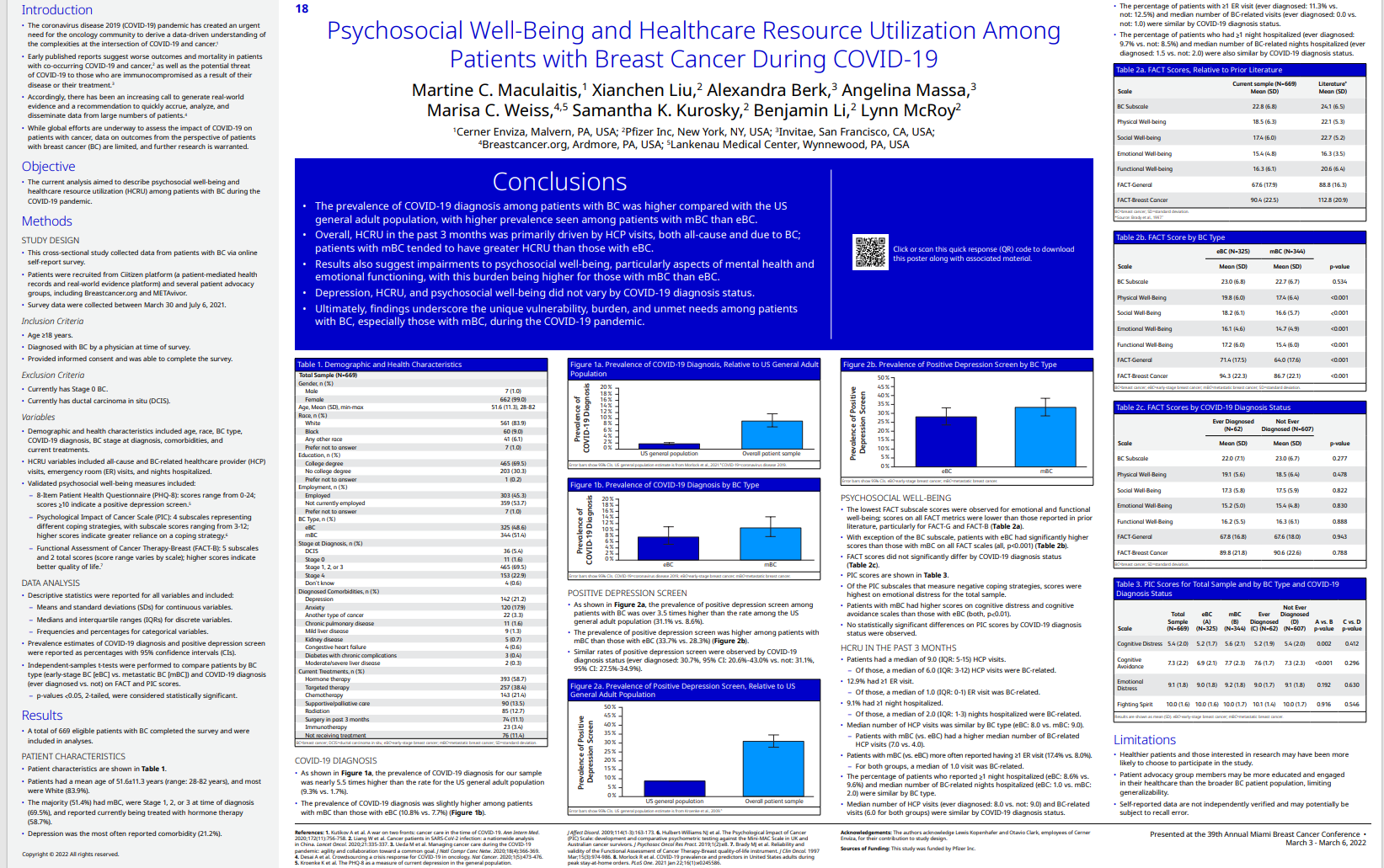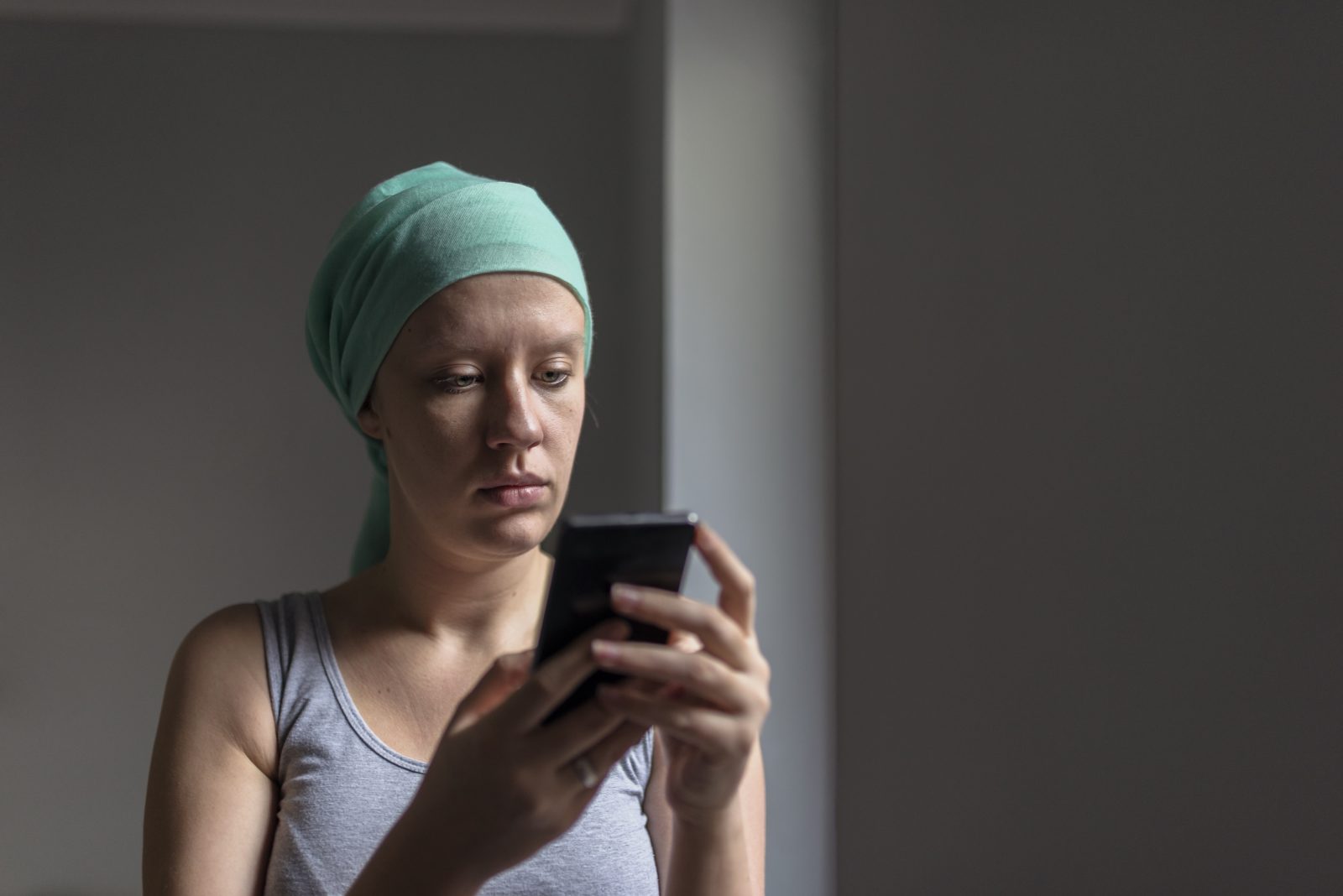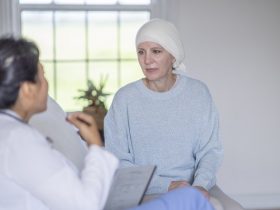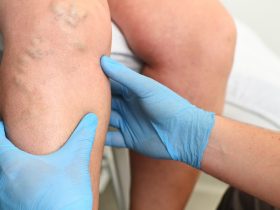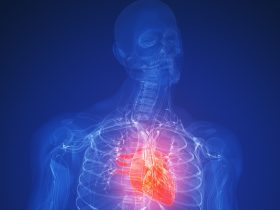Poster: Psychosocial Well-Being and Healthcare Resource Utilization Among Patients With Breast Cancer During COVID-19
Authors: Martine C. Maculaitis, Xianchen Liu, Alexandra Berk, Angelina Massa, Marisa C. Weiss, Samantha K. Kurosky, Benjamin Li, Lynn McRoy
Like many healthcare providers and life science professionals, those in the oncology community have a great need to understand how their concerns intersect with and are impacted by those surrounding the pandemic. Certainly there are many global efforts underway to assess the impact of COVID-19 on patients with cancer; however, data on outcomes from the perspective of patients with breast cancer are limited. These researchers, therefore, wished to conduct an analysis aimed at describing psychosocial well-being and healthcare resource utilization (HCRU) among breast cancer patients during the era of COVID-19.
The cross-sectional study began with the collection of data from breast cancer patients via an online survey. Patients were recruited from Ciitizen, a patient-mediated health records and real-world evidence platform, and also from several patient advocacy groups, including Breastcancer.org and METAvivor. Data were collected between March 30 and July 6, 2021.
Patient Inclusion Criteria:
- Age > 18 years
- Diagnosed with breast cancer by a physician at the time of the survey
- Provided informed consent
- Was able to complete the survey
Patient Exclusion Criteria:
- Has Stage 0 breast cancer
- Has ductal carcinoma in situ (DCIS)
Demographic and health characteristics captured included age, race, breast cancer type, COVID-19 diagnosis, breast cancer stage at diagnosis, comorbidities, and current treatments. HCRU variables included all-cause and breast cancer-related HCP visits, ER visits, and nights hospitalized.
A total of 669 patients completed the survey and were included in the analyses.
Results showed that prevalence of COVID-19 diagnosis among breast cancer patients was higher than that for the US adult population in general. The highest prevalence was seen among patients with metastatic breast cancer. Results also suggested impairments to psychosocial well-being among patients, particularly in regard to aspects of mental health and emotional functioning. Again, the highest impact was seen in patients with metastatic disease.
Depression, HCRU, and psychosocial well-being did not vary by COVID-19 diagnosis.
Ultimately, according to the researchers, “findings underscore the unique vulnerability, burden, and unmet needs among patients with breast cancer, especially those with metastatic breast cancer, during the COVID-19 pandemic.”
